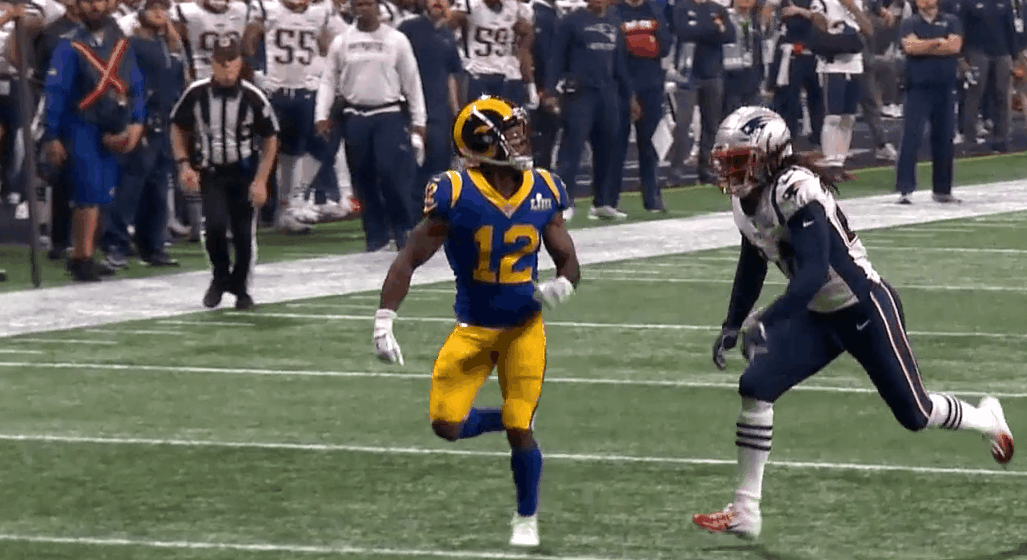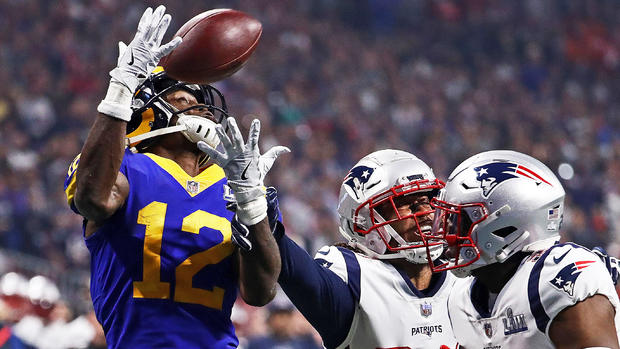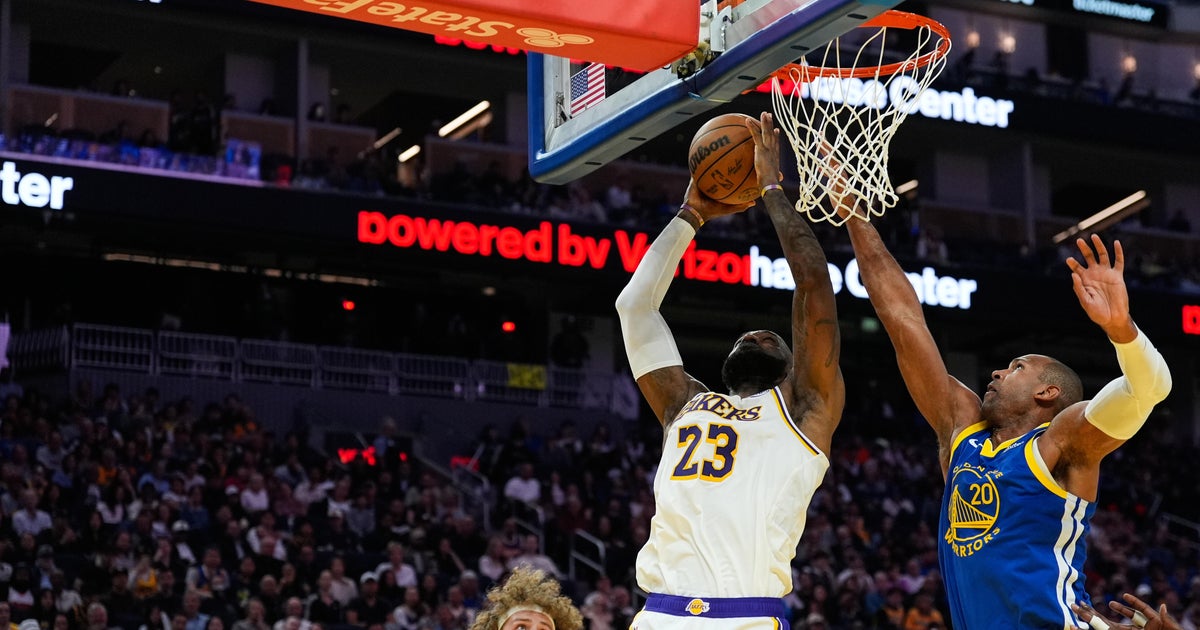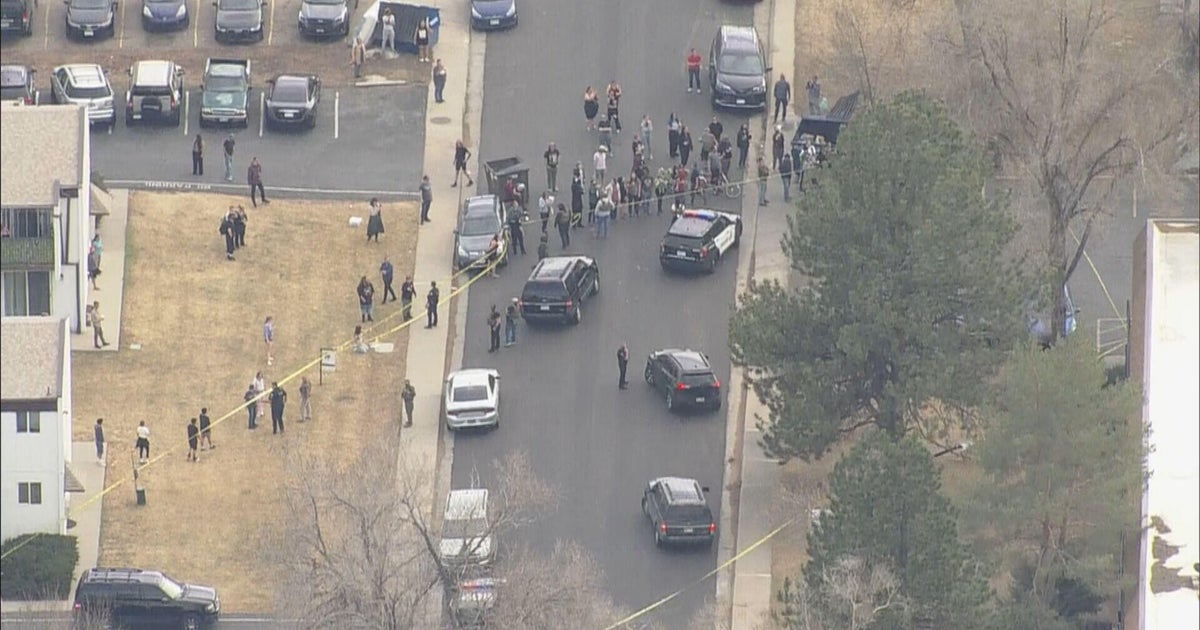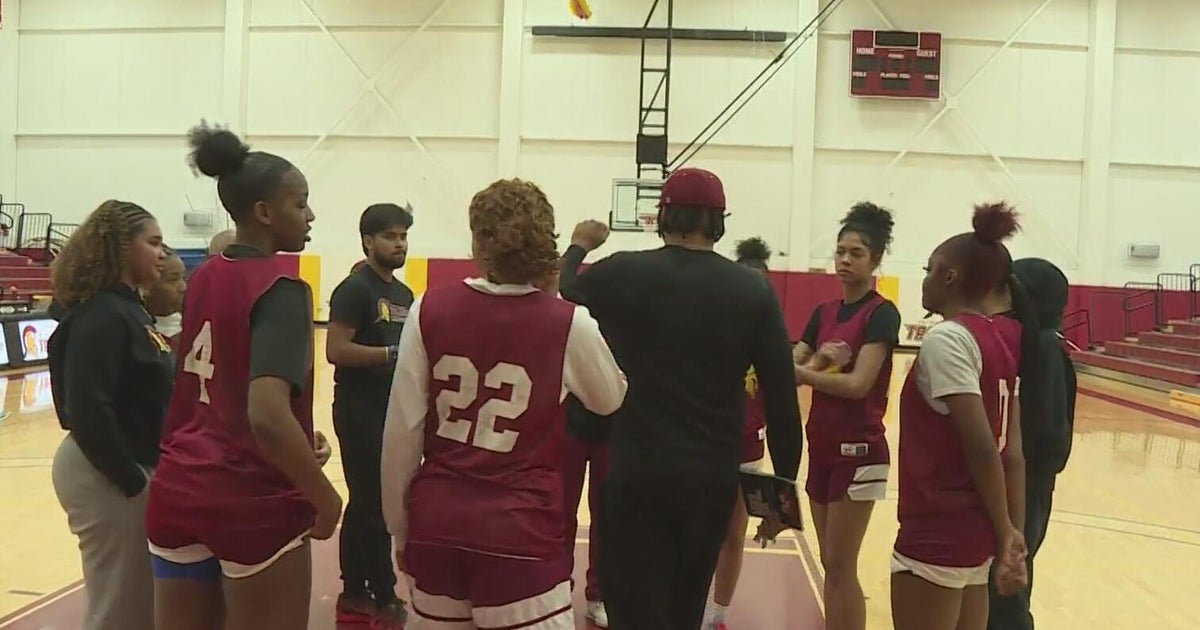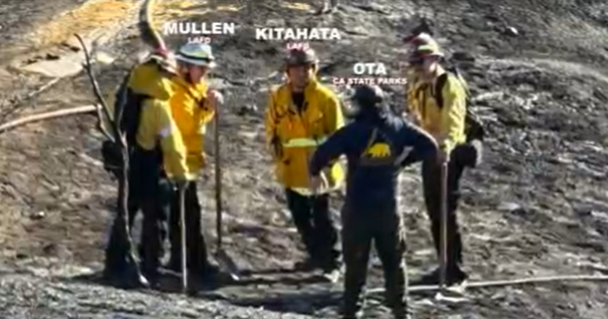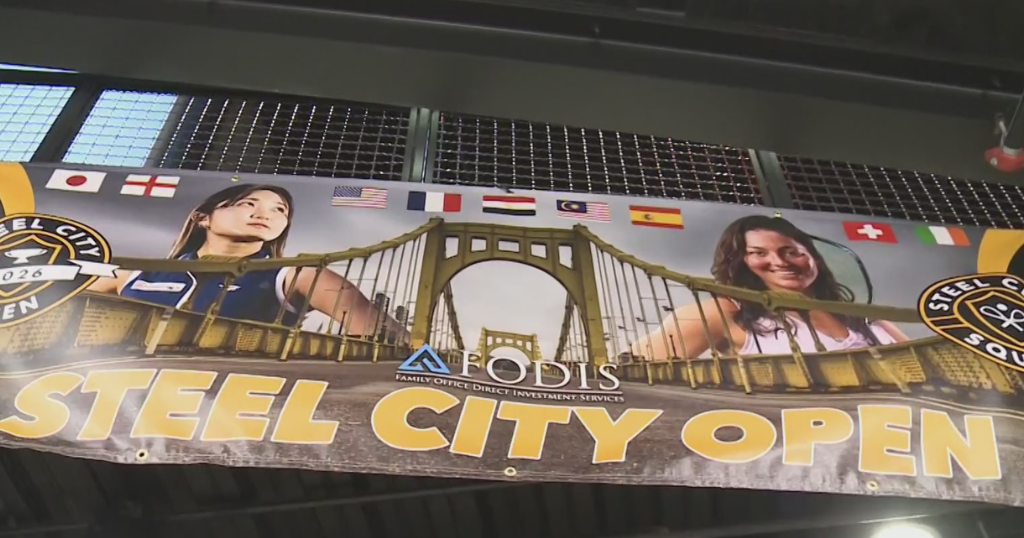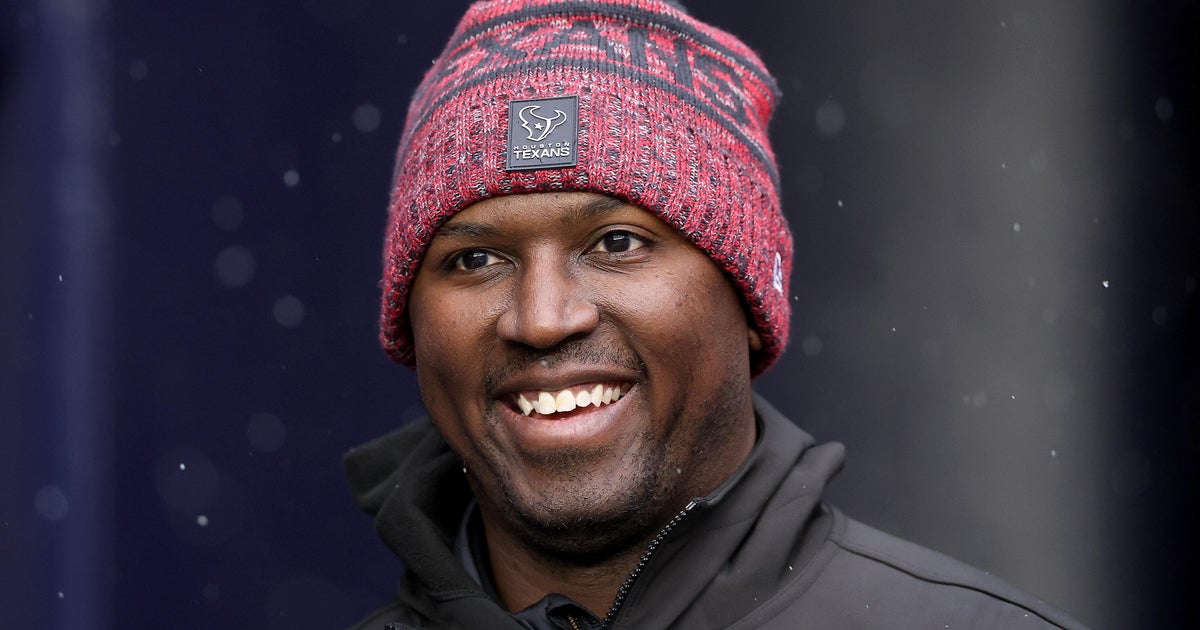NFL's New Replay Rule On Pass Interference Would Have Totally Changed Patriots-Rams Super Bowl
By Michael Hurley, CBS Boston
BOSTON (CBS) -- In last season's NFC title game, the Los Angeles Rams benefited greatly from a missed pass interference penalty. It was a play that got a lot of attention.
But now, according to the NFL, the Rams were victims of a missed pass interference penalty in the Super Bowl -- and it may have cost them a title.
That second part can't be proven, but in the wake of the NFL adopting new rules that allow coaches to challenge pass interference penalties (called or uncalled), the first part has been confirmed.
ESPN's Adam Schefter tweeted that the NFL competition committee stated that an incomplete pass to Brandin Cooks in Super Bowl LIII would have been ruled pass interference had it been reviewed.
The play in question came exactly one snap prior to Stephon Gilmore's interception -- a pick that allowed the Patriots to seal the win by driving 72 yards and kicking a field goal to stretch their lead to 10 points with 1:12 left in the game.
On the play in question, Gilmore subtly used his right hand to grab Cooks' wrist just as the receiver began to draw his hands to his chest to try to haul in a catch near the goal line. Gilmore kept his hand on Cooks' forearm throughout the entire process of Cooks trying to make the catch. At the same time, safety Duron Harmon came over the top. Cooks dropped the pass, and Harmon finished his hit to ensure that a catch could not be made.
Here's the play:
Here it is in still form:
Enhance!
Yup.
Got him.
First, one must admit that it is a bit humorous and slightly ironic that a player who is outstanding at drawing pass interference penalties where they really don't exist was unable to draw a call on a play where he was actually fouled. Life is funny like that.
Secondly, Schefter's wording was a bit clumsy. The competition committee cannot state definitively that the play "would have been ruled pass interference," because that would have required Rams coach Sean McVay to challenge the play after it happened. Based on the replay, in the moment, would the Rams coaching staff suggest he throw the challenge flag? It's impossible to state with full confidence one way or the other; the foul was not clear and obvious, and the Rams had already used one of their second-half timeouts. With 4:29 left to play in a seven-point game, McVay might not have wanted to risk losing what at the time looked to be a critical timeout if he was not 100 percent certain he'd win the challenge.
But really, the biggest problem with this story angle and with the new application of replay review on pass interference penalties is that defensive backs play the game based on what's being called. If you ask any NFL defensive back after a game about this, the player will generally admit to being able to have gotten away with some aggressive plays in one game, just as quickly as a player will lament that the lightest form of contact drew flags in another game.
If the officials are calling holding and pass interference tightly, then the corners are likely to play a less-handsy style of defense. But if they're getting away with certain grabs and subtle shoves all game, then they're likely to continue toeing that line. That may not jibe completely with the idea of a uniform set of rules, but it is nevertheless a reality of the way the sport is played by the athletes on the field.
(Fortunately for the Patriots, the new rules weren't proactively put into place in the Super Bowl. That's a change from the year before.)
And in this game, despite contact from defensive backs on both teams, and despite 73 combines pass attempts, officials threw flags for ZERO (0) pass interference penalties. Officials threw flags for exactly TWO (2) defensive holding penalties. When it came to fouls in the defensive backfield, officials largely let the players play. The result was a mostly smooth game in that regard, and another result was an All-Pro defensive back reading the way a game was being called and playing accordingly.
The new ability to challenge pass interference is and will be a positive change for the league on the whole. But matters like this -- where officials let players get away with certain moves all game long for both teams, only for Al Riveron in New York to step in and apply a more baseline standard of the rulebook on replay review -- do provide one notable complication.
In this case, we can all expect some sympathy cards to pour in to the greater Los Angeles area from football fans in New Orleans. Perhaps an unlikely bond can be forged.
Probably not.
You can email Michael Hurley or find him on Twitter @michaelFhurley.
